Uses of music throughout history
Music is all around us. Nowadays it is a way to express oneself, to say something to the world. But did you know that the music may have been invented in Africa? How music changed throughout history? Let's find out together!

Source: UGC
It’s hard to imagine that thousands of years earlier there were no bands and various genres of music. All people could enjoy was the sound of the stream, the howl of the wind. Years after years people were experimenting with different tools, creating sounds. Eventually, after centuries we finally got the range of music we have today.
So the interesting question would be the following: what is the meaning of the music and the list with the uses of the music. Let’s find it out.
What is music?
Music is the essence of every culture. Through the melodies and lyrics we can get what our ancestors were concerned about, what were the traditions and customs. Even the most isolated tribal groups produced it.
Music in cultures varies, depending on its experience in different aspects of life, as well as even climate and the progress of technology. Generally speaking, the history of music has around 50,000 years of existence. Let’s describe it briefly to get an overview of its development.
10 uses of music
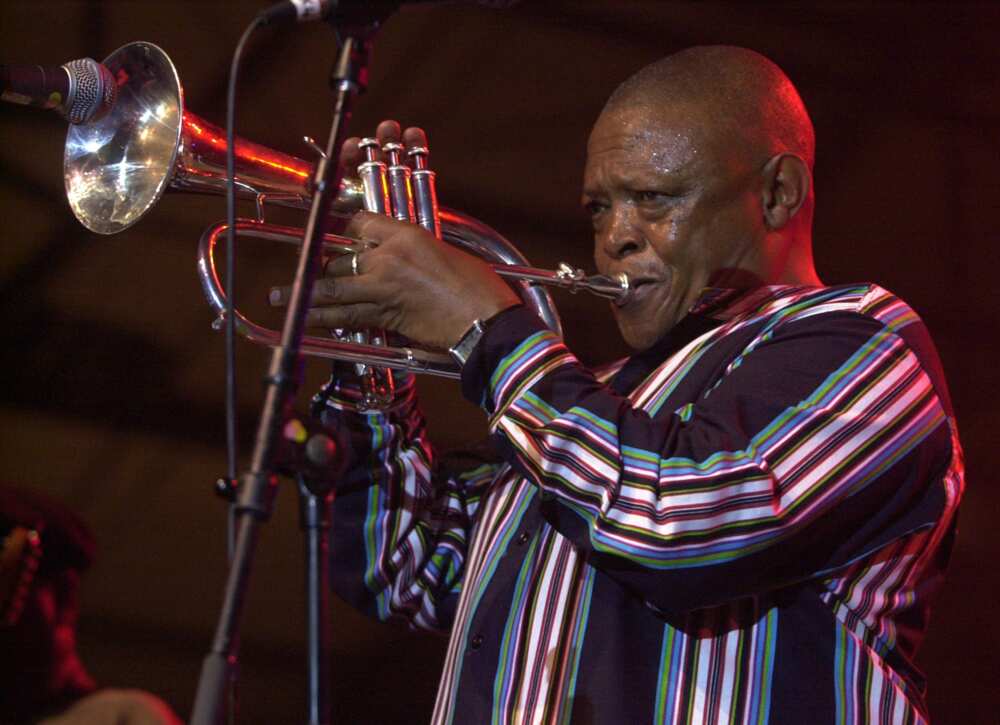
Source: UGC
Throughout history, music has been used for various purposes and in various ways, for example:
- To form the culture.
- To pass information.
- To describe reality.
- To express feelings and emotions.
- To entertain.
- To exchange knowledge and experience.
- To inspire, motivate and make “call to action”.
- To make business and develop the economy.
- To influence and guide.
- To engage the community.
There can be even more uses of music, but the mentioned are the ones that induce us to create and popularize music. Due to these reasons today we can enjoy a wide range of billiards of songs on any occasion. Sometimes it’s even easier to switch on music, rather than explain what you feel and want.
Music throughout history
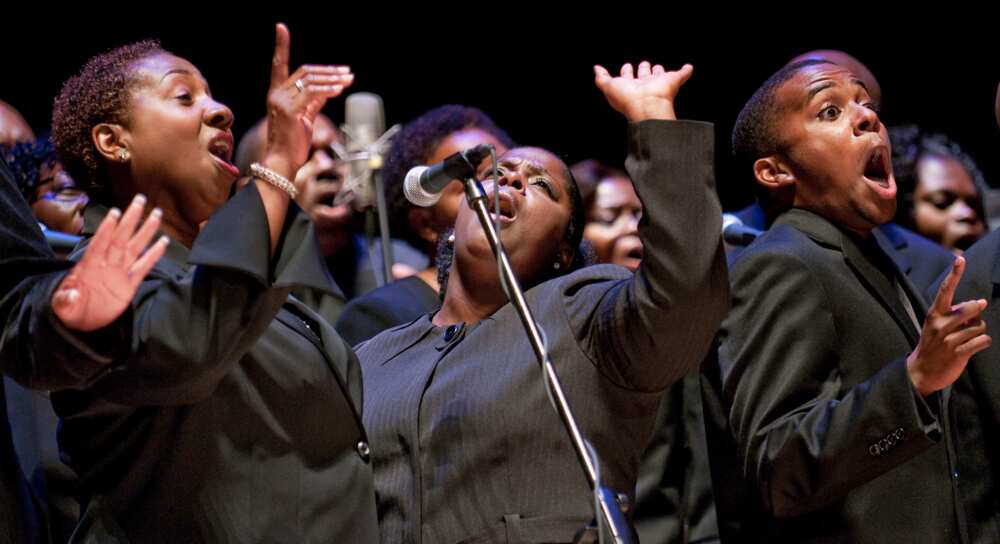
Source: UGC
We can divide music into different types:
- Prehistoric
- Ancient
- Biblical
- Early
- Medieval
- Renaissance
- Baroque
- Classical
- Romantic
- XX-XXI centuries

Source: UGC
You can also study music in terms of its origin, such as:
- Africa
- Byzantium
- Asia
- India
- Western music, etc
The origin of prehistoric music is mostly unknown. Folk, indigenous or traditional music relates to this type. The researchers say, that the first instrument of the time was the human voice, which repeated the sounds of nature. Also, the first instrument discovered was the bone flute and wooden pipes. It was a time of experiments for the people that lead to some interesting discoveries in the field of music.
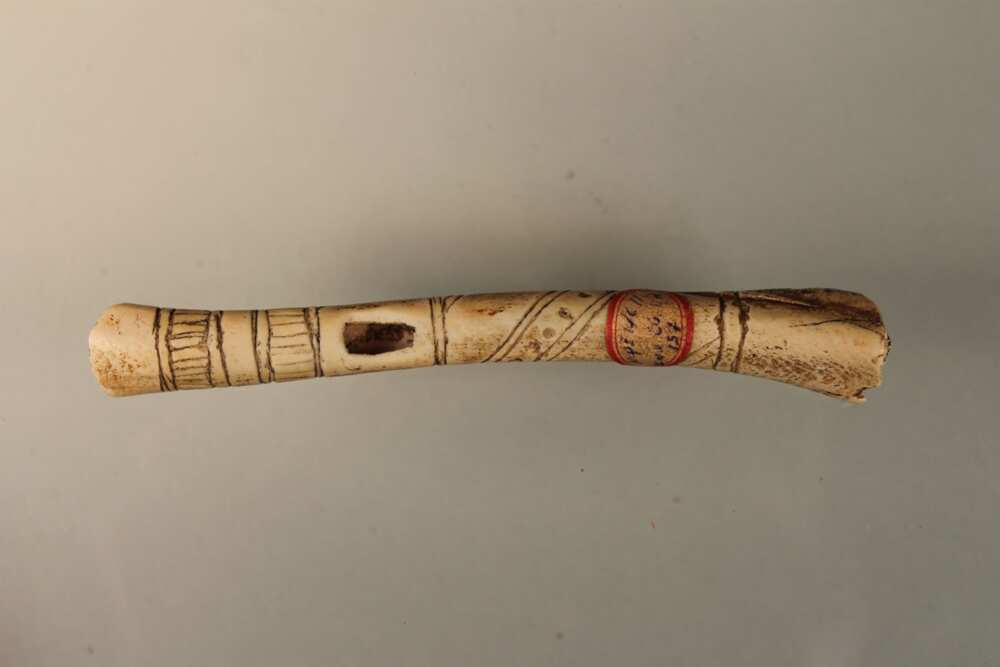
Source: UGC
Ancient music already brought us first songs with lyrics, musical techniques, and new instruments, among which were different types of stringed instruments. People reflected to the reality, gathered information and passed it through songs.
From the Biblical period, we know that the Hebrews were the cultivators of the music as well as poetry. The music now was produced on purpose and first singers were taught. For example, Solomon’s temple was a music school.
Early music is a collective name for all music that was produced in Europe after the fall of the Roman empire until the middle of the 18th century. It includes music of different styles, genres and for plenty of purposes in the Western world.
In Western music, an enormous part of music production clung to the Middle Ages. The music mostly reflected the huge influence of Christianity at that time. The so-called “music industry” was developing with more schools appearing, singers being trained and new instruments, like the organ, emerging. Now the music was used to pray, to change knowledge, to complete rituals.
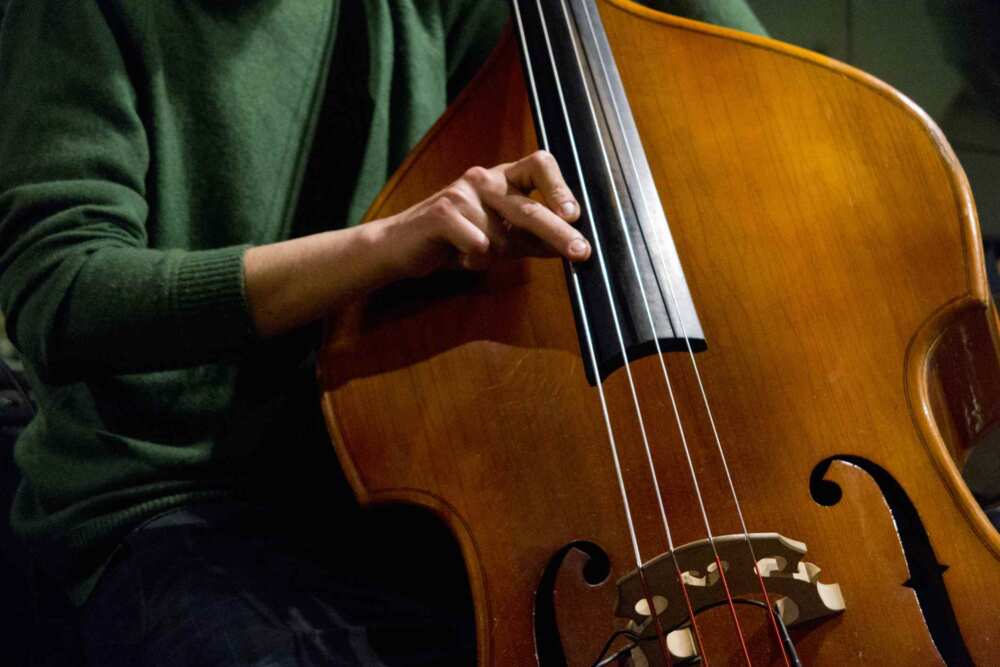
Source: UGC
READ MORE: Importance of music in culture
The 15th century already brought the composers and singers, who had a specific style. As the centuries were passing, the music was getting more and more complex. In the same time, the appearance of print made it more widespread.
The 16th and 17th centuries came with first operas for people. The range of instruments was already quite impressive, including strings, brass, and woodwinds, as well as for choirs and keyboard instruments. The world saw some unique individuals with amazing talents appearing.
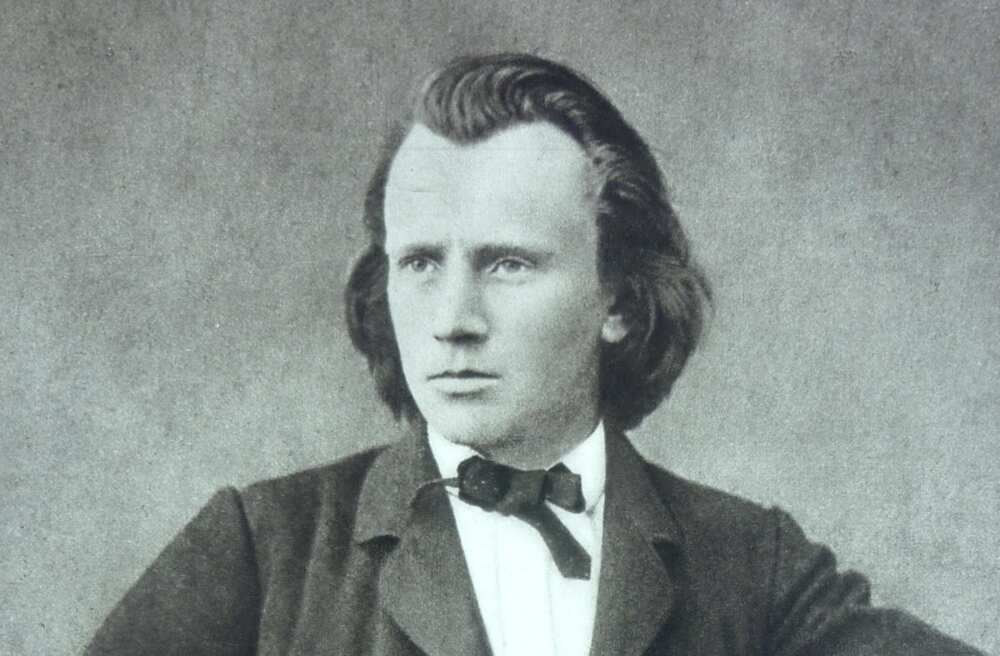
Source: UGC
The classical music era is hugely associated with symphonies, sonatas, and concertos. It was the melody that mattered, rather than voice. During this and the following time people turned to music for expression and entertainment.
During the romantic era, the size of the orchestra increased. Moreover, concerts were now a vital part of the entertainment for people. This time brought us many famous composers, such as Brahms, Liszt, Verdi, and others.
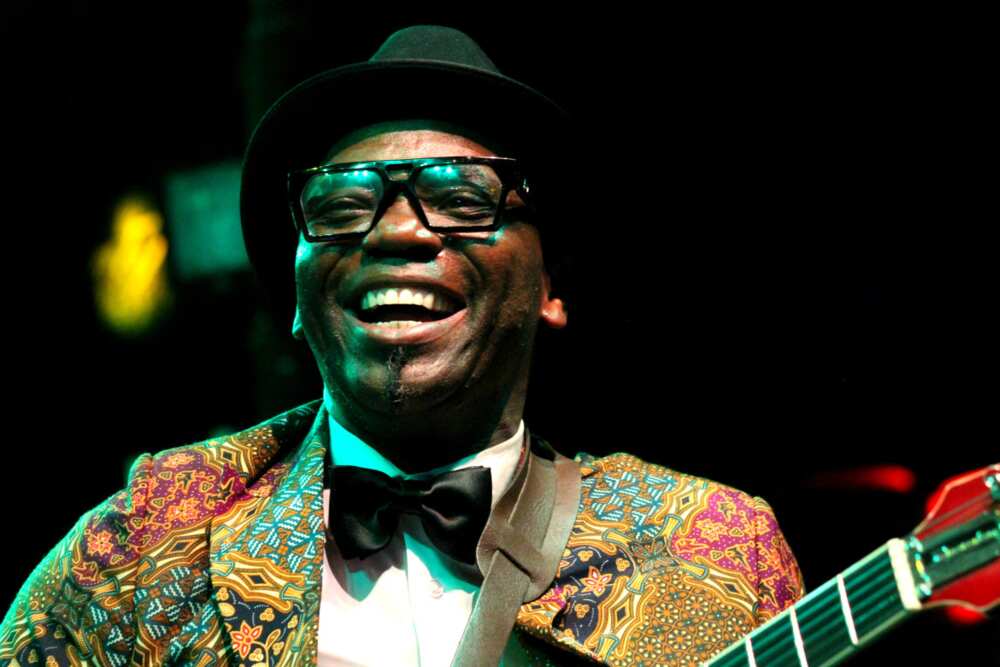
Source: UGC
In the 20th century, the appearance of the radio changed music dramatically. The new media popularized music enormously fast. New genres appeared, as well as producers, labels, music videos, concerts. A music business appeared, which meant that music was not only about expression, but also making money.
As time passed, the music was more available to the masses. And today we can have all the music in the world with just one click. West African techniques traveled overseas and became a huge part of the new genres, such as blues, jazz, funk, soul, reggae, hip hop, and others.
READ MORE: Voice training tips for beginning singers
Source: Legit.ng





